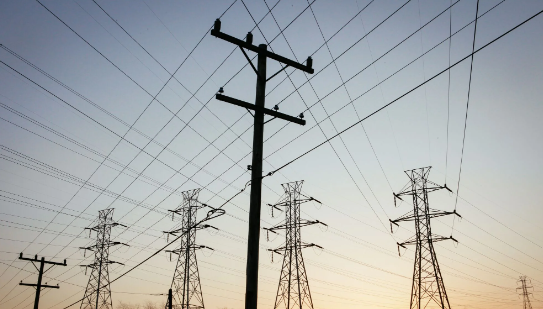Enacting consumer protection law will help energy and agricultural sector

What you need to know:
- Good quality solar home systems, solar irrigation equipment, and other off-grid solar options are prohibitively expensive for many consumers. Additionally, high import duties further increase the cost of these products, making them inaccessible to the majority of Ugandans. This does not only affects the performance and durability of the products but also poses a risk to the health and safety of consumers.
In June 2023, a memorandum of proposals was submitted to the minister of Trade, Industry and Cooperatives by Civil Society Organisations highlighting the urgent need to enact the consumer protection and management bill regarding the Parliament of Uganda’s discussed motion in November 2022 by the Bukoto West MP, Muhammad Ssentayi, on the need to put in place a comprehensive Bill to protect consumers’ rights and interests.
Notably, in March 2024, private sectors and civil society players that are promoting green economic alternatives for sustainable development, which addresses human rights and climate change concerns in Uganda and East Africa at large submitted also a petition to the Speaker of Parliament to urgently fast track the Consumer Protection and Management Bill and ensure its timely presentation to Parliament for debate and enactment.
These proposals based on extensive research and consultation, outline measures that can be taken to address the challenges faced by consumers of clean energy and agricultural products in Uganda. However, despite the initial discussions and CSOs’ advocacy, the bill has not been enacted.
It is noted that the delay of a Consumer Protection and Management Bill has resulted in countless challenges faced by consumers within the clean energy sector and those engaged in the agricultural sector in Uganda.
Within the clean energy sector, one of the major issues is the unaffordability of grid power and off-grid solar equipment. Good quality solar home systems, solar irrigation equipment, and other off-grid solar options are prohibitively expensive for many consumers. Additionally, high import duties further increase the cost of these products, making them inaccessible to the majority of Ugandans. This does not only affects the performance and durability of the products but also poses a risk to the health and safety of consumers.
Additionally, farmers in Uganda are grappling with several challenges that hinder the agricultural sector’s potential, poor quality seeds and limited access to quality seeds of preferred crop varieties, mainly hybrids, substandard agrochemical inputs, with 50 percent of seeds and agro-inputs on the market being fake are major obstacles.
More so, farmers are also limited in accessing finance due to high-interest rates, with banks lending only 12.2 percent to the agricultural sector in 2018, expensive farming equipment is another challenge faced by farmers where 70 percent of Ugandans in the agricultural sector cannot afford machinery, despite government mechanisation programmes and it employing the majority of Ugandans. This does not only exploit farmers but also affects productivity and environmental conservation efforts.
Therefore, without the enactment of the Consumer Protection and Management Bill, consumers of clean energy (both grid and off-grid) and agricultural products are likely to continue suffering.
The government need to urgently enact the Bill in order to benefit consumers of clean energy and agricultural products. The Bill will ensure that consumers’ rights are protected and they have access to affordable, safe, and high-quality products and services. Additionally, it will promote fair competition among suppliers, leading to improved products and services in the market.
Olive Atuhaire, Research Associate, [email protected]




